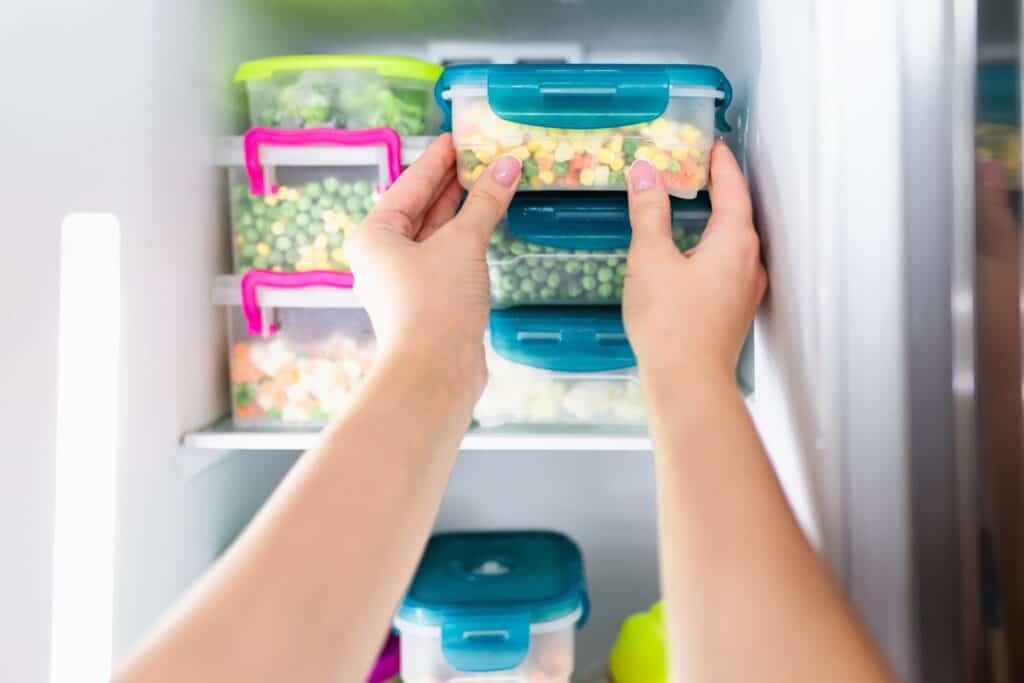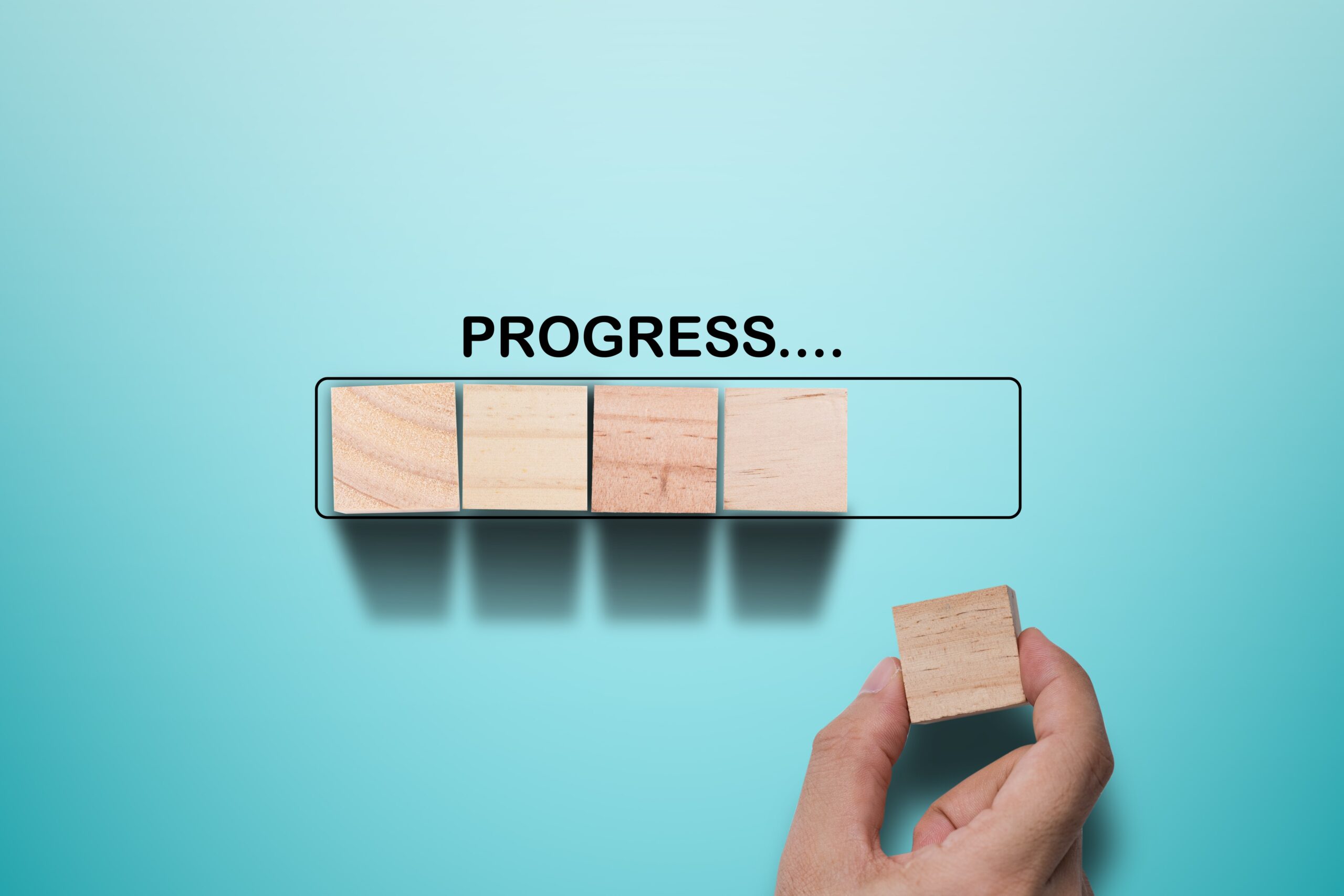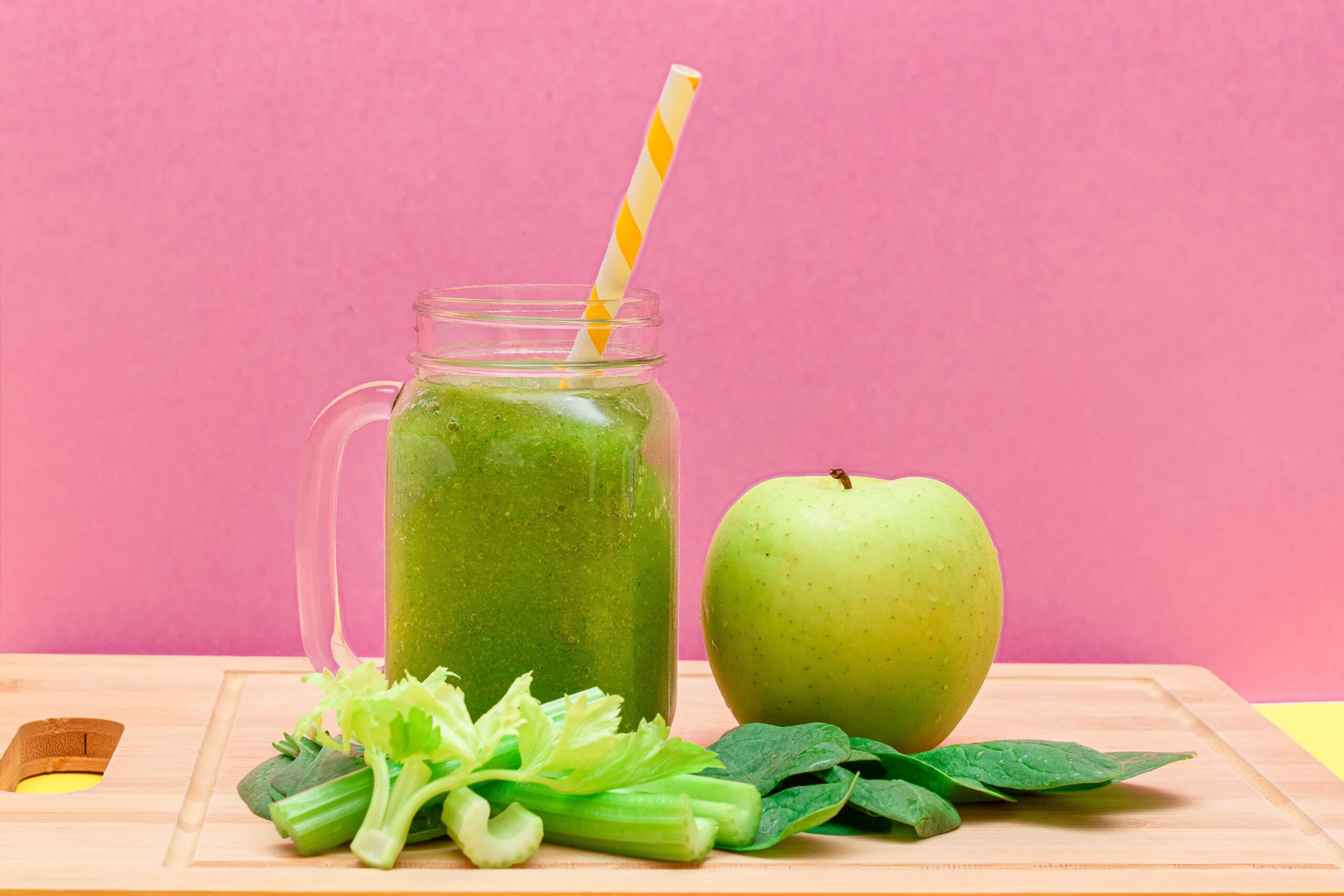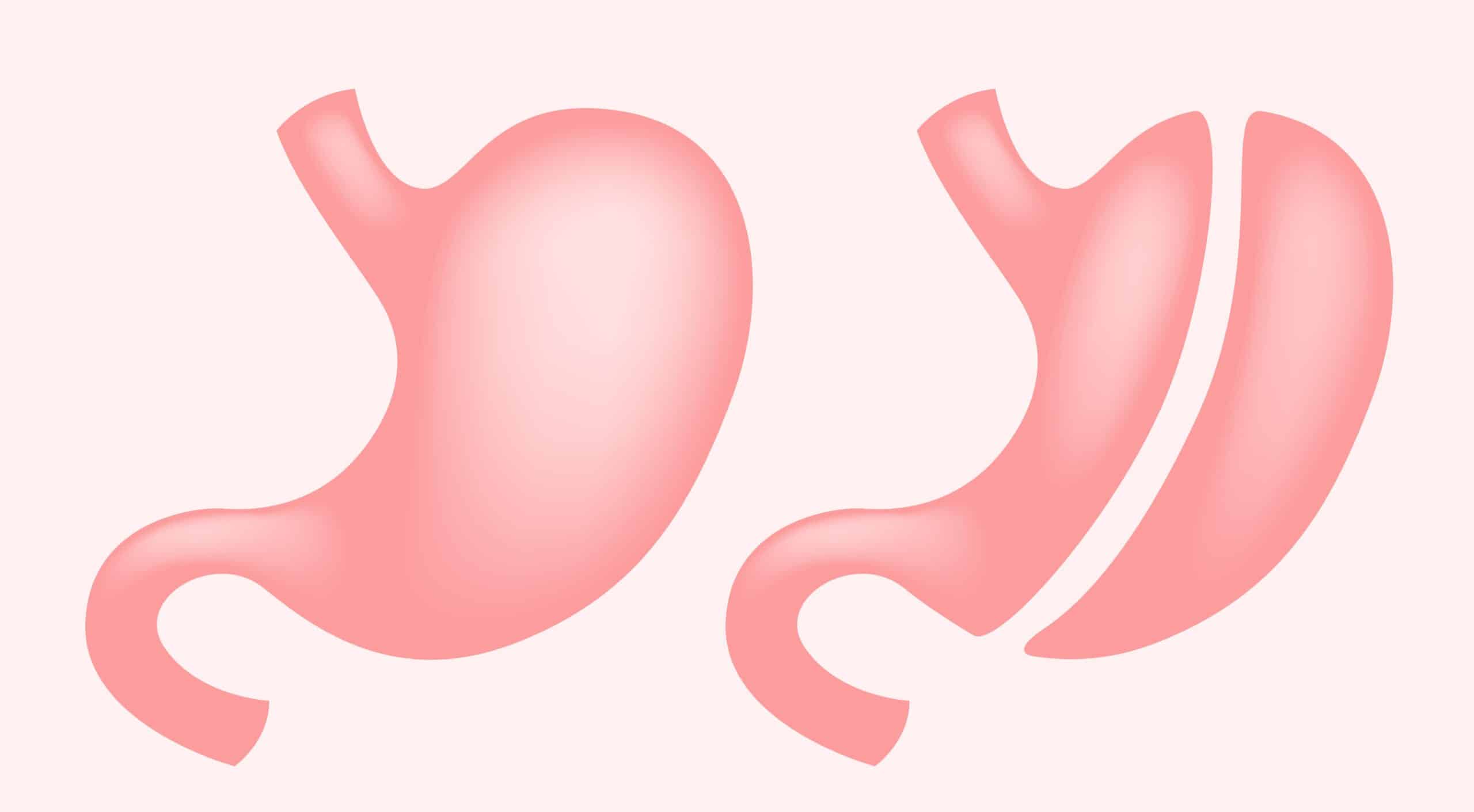Blog

What to eat when you are tired
Tips and meal ideas for keeping your body nourished on low-energy days
There are so many reasons why you might experience what we call ‘low-energy days’ – depression, disability, stress, illness, chronic fatigue, grief or simply a poor night’s sleep. While it can be incredibly difficult to find the energy and motivation to prepare food, your body needs adequate fuel more than ever on these days.
Read on for some tips and meal ideas to keep your body nourished when your energy is depleted.
What can I eat to boost my energy?
TIP ONE: Eat small frequent meals
If you’ve ever experienced a “food coma”, you know it takes a lot of energy to digest a big a meal, and it can leave you in a low-energy state. Instead of three main meals, focus on having several smaller meals and snacks throughout the day. Not only will this lessen the load on your digestive system, but it will also help to keep your blood sugar levels stable.
Glucose from carbohydrates is the body’s preferred source of fuel. When we eat carbohydrates, they are broken down into glucose and absorbed into the bloodstream. From there, the glucose is taken up by the cells and used as fuel for all of your body’s functions. When blood sugar levels are low and your cells are short on fuel, your energy levels will drop.
Consequently, we want to give our cells a steady intake of glucose to keep both our blood sugar levels and energy levels stable. In addition to eating every three to four waking hours, think about choosing the higher-fibre option of carbohydrates (for example, wholegrain over white bread) and eating a mixture of carbohydrates and protein/fat. These strategies help to slow down the absorption of glucose into the bloodstream so that the energy boost you are getting lasts a little longer.
TIP TWO: Cut down on caffeine
Don’t hate us for this one! We love coffee as much as the next person – however, as dependable the short-term energy hit from a jumbo coffee is, the energy crash you experience later is just as reliable.
If these short bursts of energy help you get your most vital daily tasks done, then you do you! Just try to be aware of how your body feels before, during and after to make sure you’re not leaving yourself feeling worse off.
TIP THREE: Drink plenty of water
Some common symptoms of dehydration include lethargy, poor concentration, weakness, and drowsiness. Of course, we’re not suggesting that drinking more water will magically cure your medical reason for feeling fatigued! But keeping your body hydrated can help to prevent the symptoms from compounding on one another.
If you struggle to get enough fluid, figure out a strategy that works for you! Some suggestions are setting a regular alarm to remind to have drink, putting a glass a water beside your bed or carrying a drink bottle around with you.
TIP FOUR: Include gentle movement
It will probably come as no surprise that research shows a strong connection between exercise and an improvement in energy levels.1 One study found that just 20 minutes of low-intensity movement a day for three days out of the week can increase energy by 20% and reduce fatigue by 65%!2
In saying that, some causes of low energy are not helped or are even made worse by exercise (for example, chronic fatigue syndrome). In these cases, try stretching your body instead. The NHS has this guide of stretches you can do without even leaving your bed.
TIP FIVE: Focus on self-compassion
In a culture where productivity is commonly regarded as the be all and end all, experiencing low-energy days can feel like a moral failure. We are sending you so much virtual love and encouraging you to let go of as much self-judgement as you can. In the wise words of Brianna Campos (@bodyimagewithbri) let yourself just sit in the suck and feel all the feelings.
Don’t try to push back! Remind yourself that your body is begging for rest and it wouldn’t ask for something it didn’t need. Take plenty of time for self-care techniques like meditation and journaling.
TIP SIX: Seek medical advice
This might be the most important tip of all! If you’re not sure of the cause, we strongly recommend you visit your doctor to make sure there isn’t an underlying medical issue causing your fatigue.
How can I keep mealtimes simple on low-energy days?
To make sure you have access to nutritious food on low-energy days, stock up on food items that don’t require preparation. Technology in the food industry is more advanced than ever, which means you can purchase foods ready-to-eat that previously had to be peeled, chopped, soaked, cooked etc.
Canned and frozen fruit and vegetables fall into this category and are a great option to keep on hand. They’re just as nutritious and usually cheaper than the fresh versions as well! Frozen meals are another great option and many supermarkets are now stocking cheaper brands.
If it’s affordable to you, it is also helpful to keep your pantry stocked with some basic non-perishables that can be used to make a quick and easy meal, such as:
- Pasta, rice, noodles and crackers
- Canned soup (you can add extra pasta and veggies to this to make it even more filling and nutritious!)
- Canned legumes (such as chickpeas, lentils, baked beans)
- Tinned meat and fish (such as tuna, salmon, chicken)
You might also find it helpful to cook in bulk on days when you do have energy. Keep additional serves in the fridge or freezer that you can pull out as needed.
Lastly, remember that you don’t have to cook a cohesive restaurant-style meal if it just doesn’t feel realistic to you! Putting together a plate that consists of a handful of walnuts, a few cubes of cheese, a slice or two of bread and a piece of fruit, for example, will get the job done! Try to include foods from a range of food groups (dairy, meat, nuts/legumes, fruit, vegetables and grains) to make sure you’re getting all three macronutrients in your diet – carbohydrates, protein and fats.
What are some easy meal ideas for low-energy days?
1-2 serves per recipe
Vegetarian spaghetti bolognese
- 100g dry pasta
- 1/2 jar of pasta sauce
- 1/4 can of lentils
- Handful of spinach
- Shredded cheese
METHOD
- Boil pasta in salty water and drain
- Heat up sauce, lentils, spinach and any other additions you like (such as garlic, chilli flakes, salt and pepper) in a large pan
- Combine pasta with sauce and sprinkle cheese over the top
Basic fried rice
- 1 packet plain instant rice
- 1 egg
- Sesame oil
- 1 teaspoon of garlic
- 1 teaspoon of ginger
- Handful of mixed frozen veggies
- 1 can of chicken
Soy sauce and oyster sauce - Chilli flakes
METHOD
- Cook rice according to instructions
- Whisk the egg and fry in a pan. Chop into small pieces
- Add sesame oil, garlic and ginger to pan to cook
- Add egg, veggies, chicken and sauces to rice
- Sprinkle with chilli flakes
Simple beef tacos
- 1/2 brown onion
- 200g minced beef
- 1 teaspoon of garlic
- 1/2 can black beans
- 1/2 tin of tomatoes
- Taco shells + seasoning pack
- Handful of shredded lettuce
METHOD
- Fry onion, garlic and minced beef in a pan
- Add beans, tomatoes and taco seasoning
- Scoop the mixture into taco shells and add lettuce (plus any other toppings you like!)
For individualised support to keep yourself nourished and well when you’re struggling with fatigue, reach out to our expert dietitians at [email protected].
Karli Battaglia MDiet, APD
EHL Team x
References
- Puetz T. Physical Activity and Feelings of Energy and Fatigue. Sports Medicine. 2006;36(9):767-780.
- Puetz T, Flowers S, O’Connor P. A Randomized Controlled Trial of the Effect of Aerobic Exercise Training on Feelings of Energy and Fatigue in Sedentary Young Adults with Persistent Fatigue. Psychotherapy and Psychosomatics. 2008;77(3):167-174.














